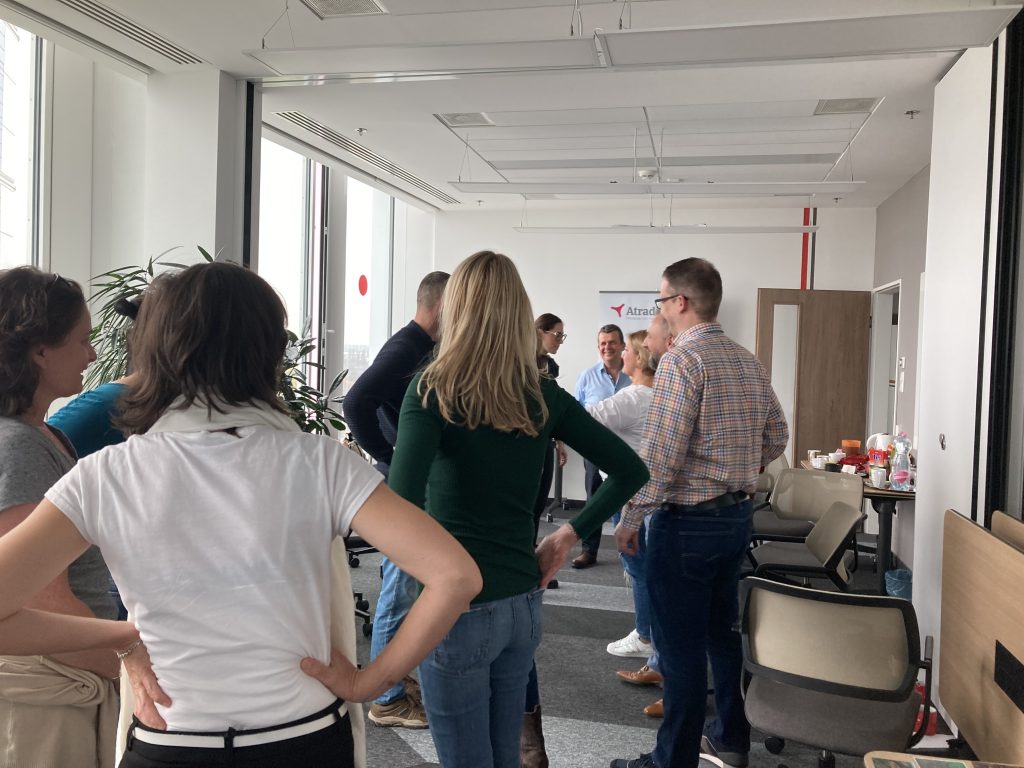The press and the motivational shelves of bookshops are full of stories of a child growing up in the ordinary ranks who, by the age of 35, has taken their company public, won a Nobel Prize or even become a top 500 CEO. On a smaller scale, but in our own environment, we could also list many people who, as the gifted children of working-class parents from a rural high school, are now well-known experts in their field.
But there are plenty of examples to the contrary: we run into a schoolmate we haven’t seen for 20 years who used to be the brains of the school, won the academic competitions as a student, and now we tell our spouse at home in the evening, “Hey, I saw Steve from high school today, we spoke a few words, he became an accountant at a company, I don’t even think he has a company car – and if anyone, he was talented enough for an international career! “
It would be another question to look at what professional success and satisfaction means to Steve and how these words are used in public discourse in general, but let’s interpret success for him that he feels that he is pursuing a career that matches his talent and ambition. And although the books tell us that true talent can shine out from under a pile of straw, there are many conditions that must be met before it can really shine out.
There’s the 10,000 hours of practice that Malcolm Gladwell talks about. In fact, Gladwell goes so far as to say – and in his book Outliers he provides data to prove it – that talent is not even really needed. All it takes is a lot of hard work and, of course, a lucky combination of other circumstances, and what those circumstances are depends on the field in question.
But Derek Muller, the brilliant “science communicator” (odd, that’s how Wikipedia defines him), argues that 10,000 hours is worthless if four conditions are not met: you must also get feedback on your attempts, like a tennis player who gets instant feedback on serves from the opponent, a valid environment, so the skills of a gambler cannot be well judged at a roulette wheel where chance is the master. In addition, the feedback must be real-time (which is why it is difficult for HR people to improve their selection skills: it often takes months or years to find out whether a promising new colleague is really as excellent as in the interview), and lastly, one should not get comfortable, i.e. if you’re already playing Sweet Child O’Mine on the guitar, don’t just play that one song for the next 15 years to entertain your guests at the party, step out of your comfort zone and practise … as well -(this would be the title of a more technically difficult song to play on guitar, but I don’t know how).
So it’s extremely difficult to predict in advance what a gifted child will become, but in hindsight it’s easier to connect the dots and say “Yeah, well I told you so back then!”:)


